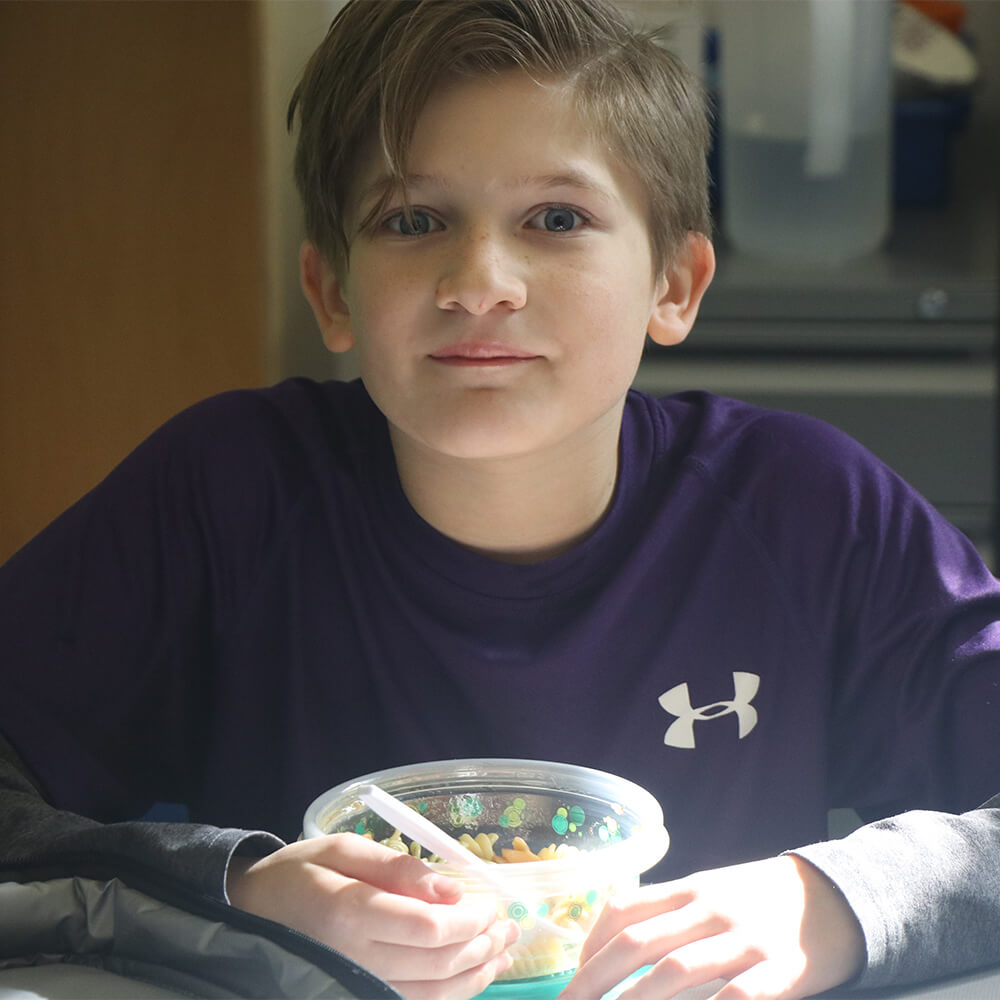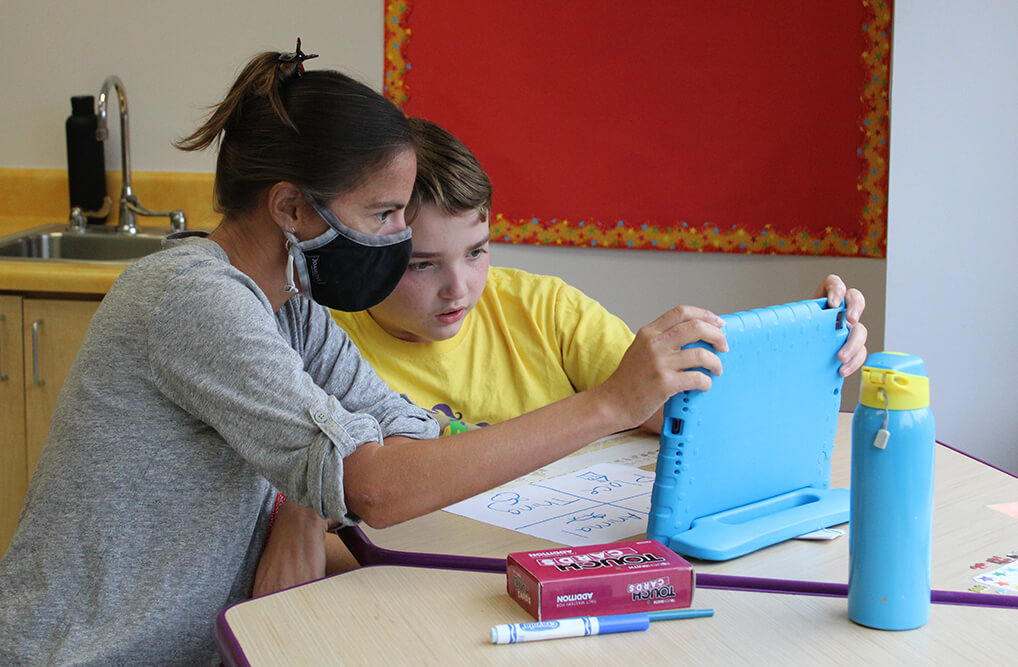
In an ongoing effort to advance students so that they have opportunities to thrive in the least restrictive educational setting, The Foundry Learning Center is opening a new educational program for children and young adults with a diagnosis of autism. The student-to-staff ratio in each classroom will be 6 students, 1 special education teacher, and 3 additional professional instructional staff (6:1:3).

As competencies in core skill areas develop, students who may have received 1:1 supervision in earlier educational environments will be provided the opportunity to access instruction in more traditional education arrangements—as well as opportunities to participate in group and peer activities. These students will be encouraged to engage in independent pursuits and to participate in community and job-readiness activities.
The new program is fully dedicated to providing effective, science-based intervention using an applied behavior analytic (“ABA”) approach. Classroom instructional staff will work collaboratively with Board Certified Behavior Analysts (“BCBAs”) to ensure the integrity of ABA programs implemented and the fidelity with which procedures are employed. The program will operate 12 months a year and will have its own dedicated ADA-accessible entrance from the bus drop-off.
Students will receive the level of supervision needed to acquire critical social, language, academic and independent skills. Instructional staff will create annual teaching objectives for each student based on academic and behavioral assessments to meet each student’s learning needs and extensive educational objectives.
Students in this program may be eligible for Speech Therapy, Occupational Therapy and Physical Therapy. “Foundry 6:1:3” will also employ a full-time nurse.

Tuition at Foundry 6:1:3 will be less than the tuition cost for Foundry’s 1:1 program. Tuition does not include the cost of additional paraprofessional services for students who may require those supports.
We are pleased to introduce Susan M. Vener, Ph.D., S.A.S. as the Founder and Director of this program. Sue received her doctorate in learning processes and behavioral science and her New York State certification in School Supervision and Administration. She was the Director/Principal/Co-Founder of the New York Child Learning Institute (“NYCLI”) for almost 30 years and is well published in peer reviewed journals. Her research involves programming for the generalization of behavior change in applied behavior analysis, promoting language, teaching social skills, and increasing behavior incompatible with catatonia. More recently, Sue has become involved in the publication of research designed to identify system components and outcome data from high quality service delivery organizations.